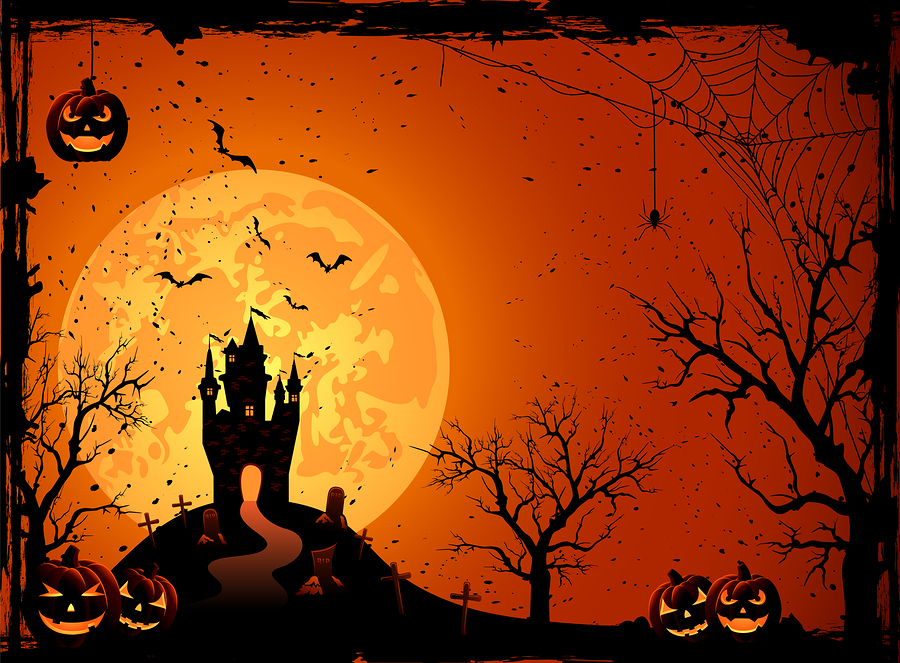When it comes to content writing, there is a right way to write and a wrong way to write. Your website content needs to be engaging, entertaining, and inspire readers to take action-whether that action is to sign up for an e-mail list or give your company a call for a free estimate. The rules of website copywriting have changed over the years, and it’s important to keep on top of the latest trends for SEO benefits, social media sharing advantages, and more. Why Website Copywriting? The reason for web copywriting is to gain company and brand recognition. In other words: to sell. The job of your website is to generate leads, to attract visitors and turn those visitors to customers. It is all about generating sales and building trust with your readers. With website copywriting, everything should contribute to this goal. Maximizing your content marketing is one means to a wonderful return on investment. Effective copywriting means more traffic, leads and sales, establishment of experts, improved SEO, faster results with less advertising costs, and a great ROI. It is success that makes success happen, and web copywriting has proved to be successful. Website Copywriting Do’s Powerful search engine optimized website copywriting has the potential to create a tremendous impact on your sales and marketing. And, let’s face it. When you do something, you might as well do it effectively, or it is a waste of time. Here are the do’s in website copywriting: what you should do and what you should accomplish with it. Keyword Research: Content is “King”, but that “King” needs a little more than outstanding copy. It needs to be outstanding copy with effective keywords. One of the first steps in website copywriting is keyword research. Targeting your keywords is a part of your strategic planning in SEO and the wrong keywords can totally break a campaign. Great Headlines: Headlines are a way to format your material so that readers can easily get to the information they want. Headlines attract the eyes, and create interest, and your keywords should be included in your headlines Correct Keyword Placement: Keyword placement is an area where you’ll likely receive a lot of advice. My suggestion here is to have your primary keyword appear in the first or second sentence of your opening paragraph and sprinkled throughout the copy. You should have a 2 to 5 percent keyword density. Attention-Grabbing Homepage Copy: Homepage copy needs to grab the attention of the viewer from the moment he/she lands on the page. Your words have to speak and grab the attention of the reader. Copy should be divided into chunks, with sub-headers, for viewers to get right to the information they require. Your keywords should be placed throughout the copy, like mentioned in the paragraph above. Your copy, like any copy, should be focused on the keywords. When you create website copy, it is important to create a meta title and a meta description, as well. If you have a web programmer / designer, you’ll want to give them both, along with Persuasive Copy: Any content you create should be persuasive. While this is kind of obvious, not all marketers create or hire someone to create compelling, persuasive content. The goal is to attract potential customers and turn them to long-term customers. Bullet Points to Break it Up: Bullets are a real benefit. In fact, the search engines consider them to be important items. Website copywriting should include bullets when possible, preferably with one of your keywords. Strong Call to Action: Copywriting should have a call to action. A call to action is simply giving the reader a place to go for more information and is a great benefit to both you and the reader. Website Copywriting Don’ts Like the do’s of website copywriting, there are don’ts, and you want to keep them in mind as you craft your content. Let’s take a look. Not Having a Good Understanding of Your Business or Brand: One of the worst things you should do is to not have a good understanding of your business or brand. In order for your copy to be effective, you need to have good insight on your business, products, and services, and you need to be able to focus on your business, products, or services. There is no place for “fluff” in website copywriting. Lack of Persuasiveness: Persuasive copy is essential. Content can be great, but if it doesn’t involve the emotion to learn more or purchase, then it really isn’t effective. You want persuasive copy that spells out why your business, products and services are needed. Bland Text Instead of Headings, Subheadings and Dot-points: When you have your content formatted with bullets it is an easy means for readers to get information fast. Statistics show that bullets attract. They also show that your bullets need to be effective. Bullets headings and subheadings all give you an opportunity to grab the attention of the reader and keep that attention. They should be in a place that is noticed, and as well constructed as possible. Lack of Relevancy: A lack of relevancy will send readers away from your site or content, and will leave an impression that doesn’t sit well. When content is irrelevant, you aren’t highlighting or saying anything important about your business, products, or services. Never write around the subject. Always engage the readers with interesting and relevant content that is to the point. Again, there is no room for fluff in web copywriting. Without effective website copywriting, you don’t have the potential to generate optimal interest in your business and brand. Content is “King”, and when created properly, it is effective and does make a difference in your SEO advertising. Need great web pages? We curate some of the best writers online to formulate our team of writers – order online via our Content Shop!






